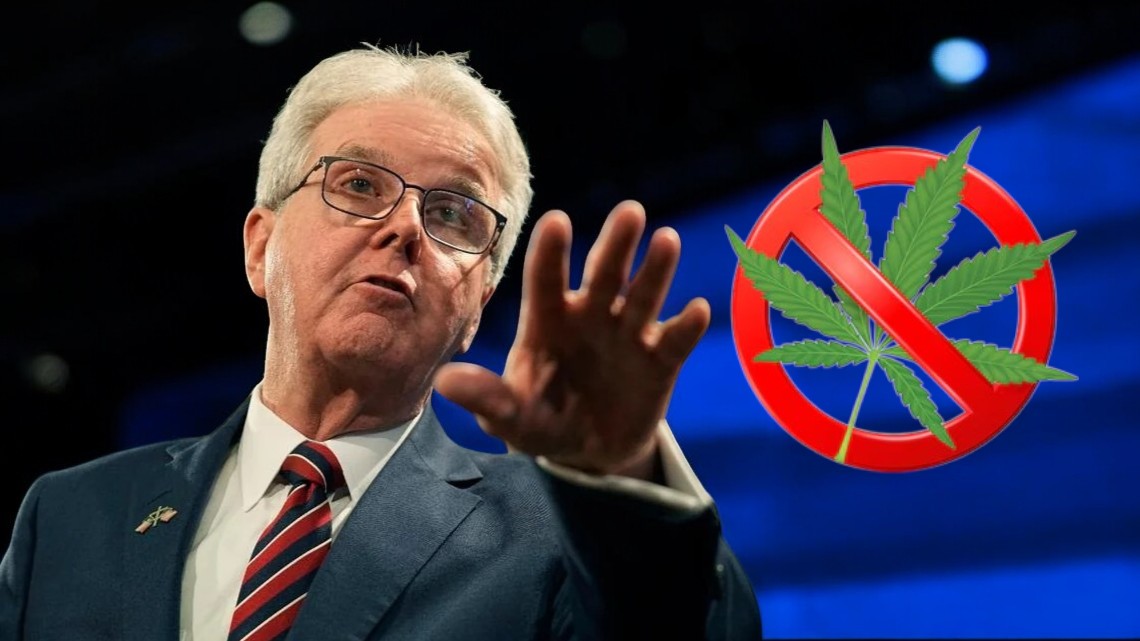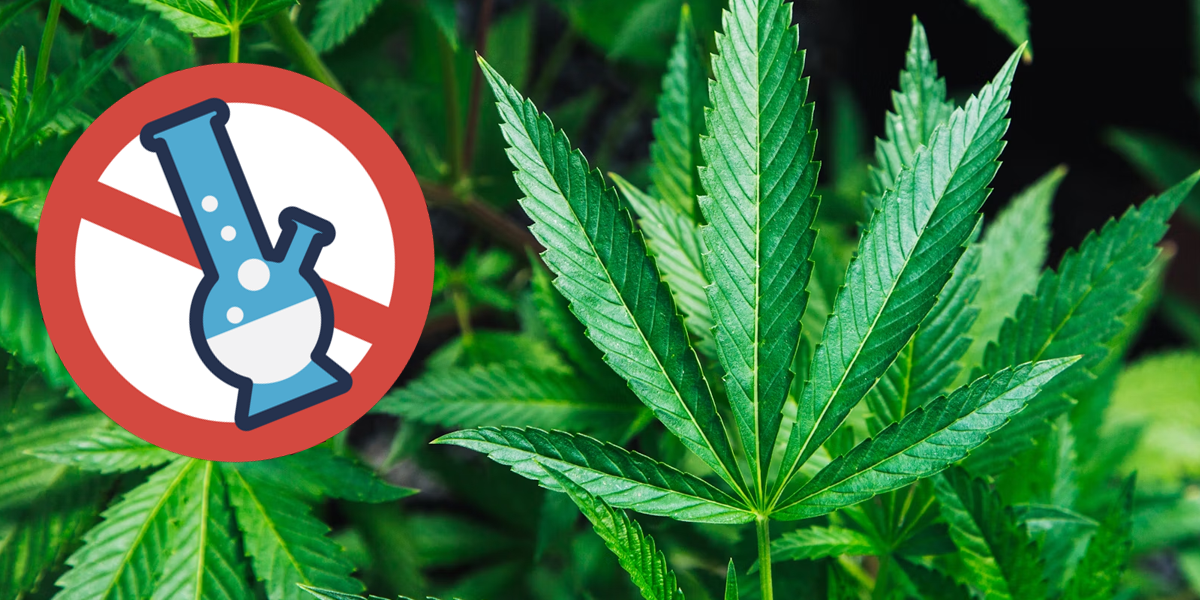
Texas Lieutenant Governor Dan Patrick has introduced a bold legislative initiative to ban the sale of all forms of consumable THC in the state.
Under the proposed Senate Bill 3, all products containing tetrahydrocannabinol (THC) would be removed from shelves statewide, marking a significant step in the state’s approach to cannabis regulation.
Lt. Gov. Patrick explained that the move aims to address growing concerns about public safety and unregulated THC products that he claims endanger children and adults. “Thousands of stores across Texas are selling dangerous, unregulated THC products, some with THC levels three to four times higher than marijuana purchased illegally. We cannot allow this to continue,” Patrick stated.
The initiative builds on a 2019 law that allowed for the commercialization of hemp, which included non-intoxicating levels of Delta-9 THC. Patrick argues that these regulations have been exploited, leading to a surge in the availability of hazardous THC products, including edibles and beverages, often targeting minors.
According to Patrick, since 2023, numerous stores have been selling what he describes as “life-threatening, unregulated” THC products, which are easily accessible and mimic those sold on the black market. This unregulated market, he contends, poses a significant threat to public health and safety.
Senate Bill 3, sponsored by Senator Charles Perry from Lubbock, seeks to close these loopholes by banning all THC-containing products. Patrick expressed confidence in bipartisan support for the bill, emphasizing the importance of swift action in the upcoming legislative session, which begins January 14.
“This bill will have broad bipartisan support in the Senate, and I trust the House will see the dangers of these products and act quickly to pass this legislation,” Patrick said.
Though the bill has not yet been filed, its low number on the legislative agenda indicates its high priority. If passed, the legislation would make Texas one of the strictest states in the U.S. regarding THC regulation, banning products that include Delta-8, Delta-9, and other THC variants.
Critics of the initiative argue that it could negatively impact small businesses and hemp-related industries in Texas while potentially driving consumers to unregulated markets. Proponents, however, view the measure as a necessary step to protect public health and curb the misuse of THC products.
As the debate unfolds, Texas is poised to become a major battleground for the future of cannabis regulation in the United States.


